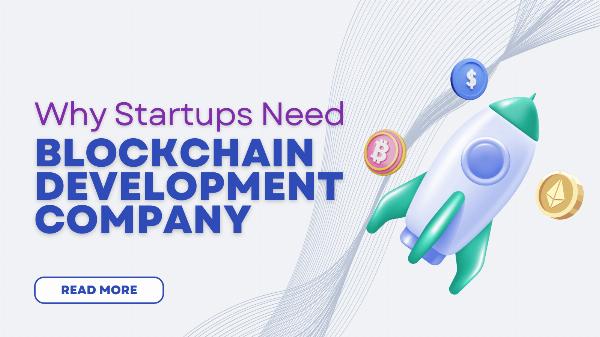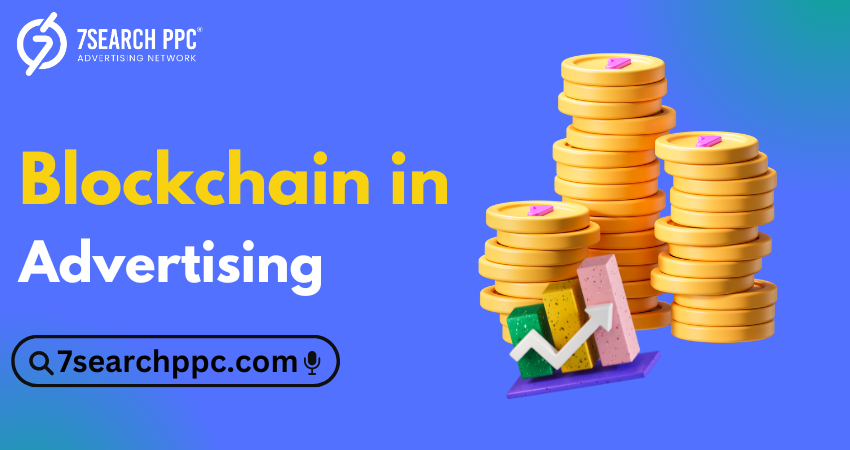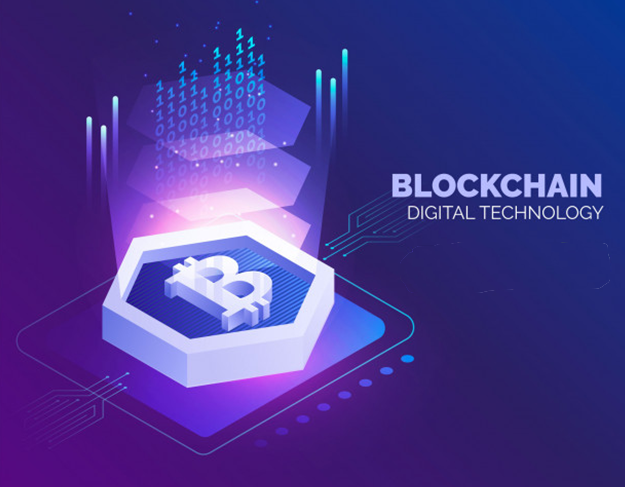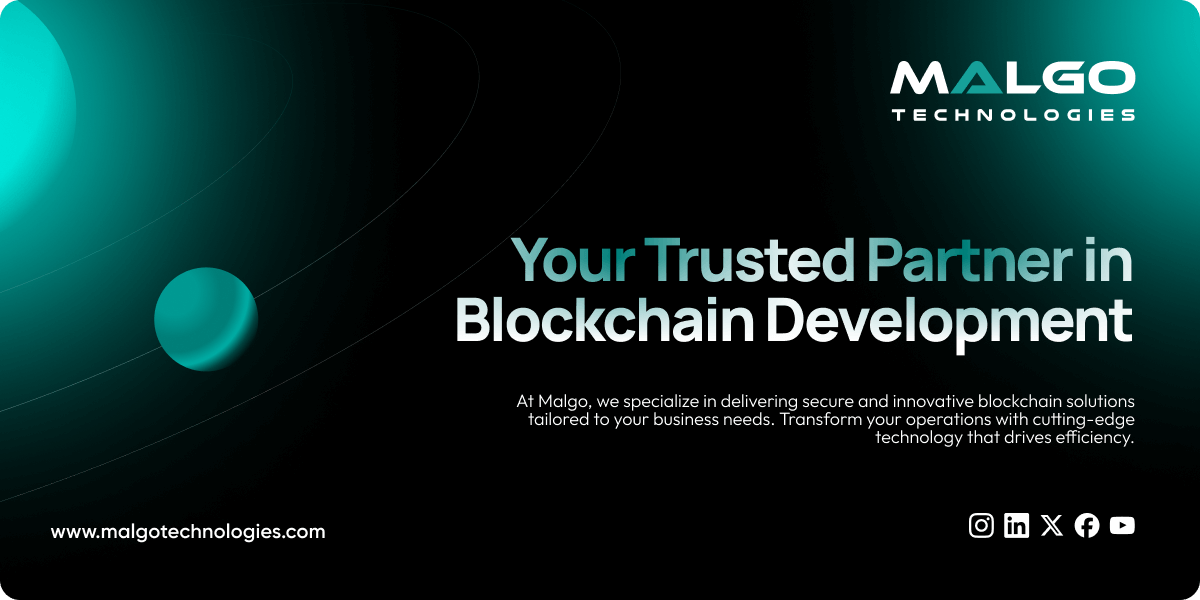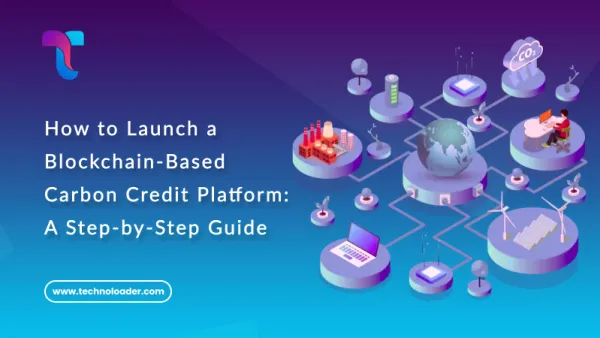Why is token development important in the blockchain ecosystem?
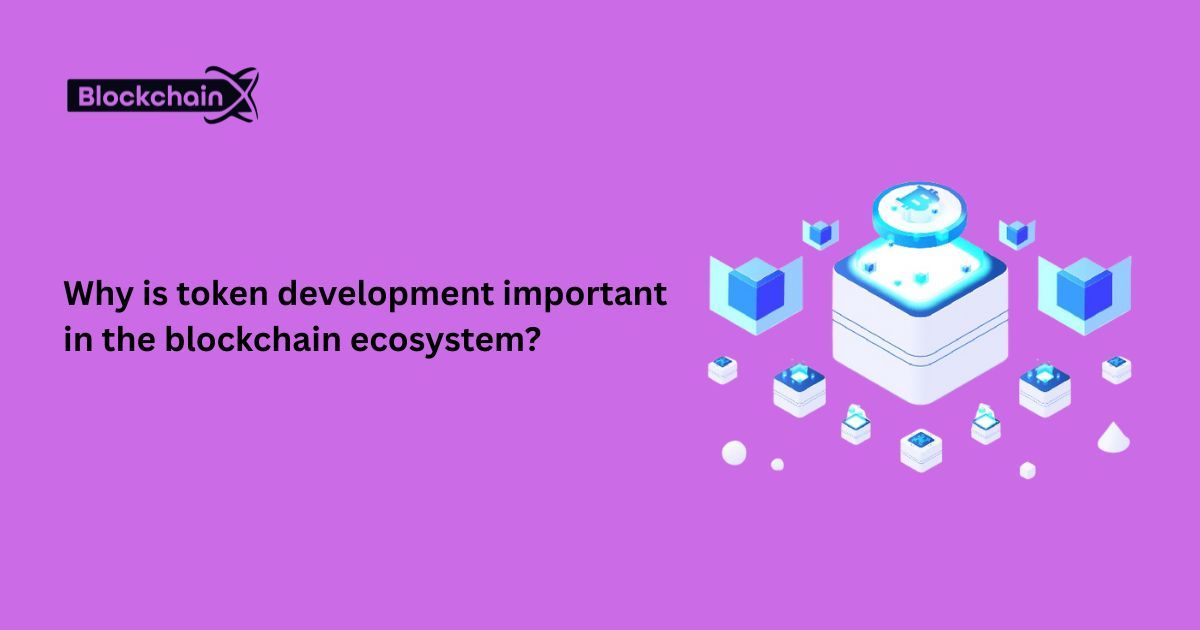
Introduction
The blockchain revolution has caused a paradigm shift in the way value is managed, transferred, and stored in the digital world. The foundation of the blockchain ecosystem, tokens enable DAOs, NFT marketplaces, and DeFi protocols. Among this increasing appetite for blockchain solutions, a number of crypto token development companies are stepping in to assist startups, enterprises, and entrepreneurs to build secure, scalable, and compliant tokens against specific use cases. These companies thus go a long way toward simplifying many complex aspects of the token creation process, from smart contract development to audit, deployment, and post-launch support.
✍️ Small businesses can also benefit from blockchain. Read our blockchain for SMEs article to learn about affordable applications and real-world success stories.
The importance of token development for the blockchain ecosystem will be covered in this essay, along with some of the main technical and commercial ramifications. Finally, the role of token development businesses in propelling the next wave of digital innovation will be examined.
Blockchain Ecosystem Overview
The network, infrastructure, and users that comprise blockchain technology are collectively referred to as a blockchain ecosystem. Within the blockchain network, it comprises the complementing entities, protocols, and stakeholders that collaborate or communicate with one another. The blockchain ecosystem is in a state of flux, with its evolution energised by technology and the increase in acceptance of blockchain across industries.
Why Token Development in Blockchain?
Blockchain projects bring tokens into existence, and blockchain technology has unique characteristics that provide an ideal medium to generate and control digital assets:
Trustless and Decentralized
The blockchain enables the exchange of tokens between parties without having a central middleman, reducing the counterparty risk and thus allowing a peer-to-peer value exchange.
Transparency and Immutability
To ensure complete visibility and auditability, every action taken on tokens such as creation, transfer, burn, or minting is documented on a public ledger.
Automation of Smart Contracts
In order for smart contracts to function automatically and without human intervention or error, tokens frequently sit behind the logic of issuance, transfers, rewards, and compliance.
Interoperability
Token standards improve the usability and adoption of various platforms, wallets, and exchanges by facilitating seamless communication across them.
Various Token Development Standards in Blockchain
The terminology and guidelines that specify how tokens are produced, controlled, and used within the blockchain ecosystem are known as token standards.These standards offer some level of interoperability in that applications and wallets can engage with tokens irrespective of their basis. A few important token standards include
ERC-20 (Ethereum)
A digital asset that adheres to a particular standard on the Ethereum blockchain and makes sharing, exchanging, and transferring them simple is known as an ERC-20 token. It facilitates communication between the contract and the Ethereum platform by providing a standardized interface for token production and action.
ERC-721 (Ethereum)
The Ethereum network's non-fungible token standard is ERC-721. It offers the ability to produce tokens that are distinct in their representation of digital assets. These tokens have distinct ownership-reference levels, are non-fungible, numbered, or otherwise signed, and cannot be traded for another token exactly.
ERC-1155 (Ethereum)
The multi-token standard ERC-1155 offers a basis for smart contracts that utilize fungible, non-fungible, and semi-fungible tokens This innovation solves the inefficiency of having multiple standards such as ERC-20 and ERC-721.
BEP-20 (Binance Smart Coin)
Binance has established BEP-20 as a standard token for the BNB Chain. It establishes the technical specifications and rules needed to create tokens that function in the BSC environment.
TRC-20 (Tron)
TRC20 is the native coin of the Tron network, fully required to make all transaction payments, execute transactions, and run smart contracts. Tron is promoted as a high-throughput, low-cost chain that is appealing to both users and developers.
SPL (Solana)
A digital asset generated on the Solana blockchain with the Solana Program Library as its standard is called an SPL (Solana Program Library) token. These programs are deployed to Solana's mainnet after being tested using Solana's own Sea Level implementation, known as solana-runtime.
Importance of Token Development in Blockchain
Token creation is not just a technical issue. It represents a strategic choice regarding usability and evolution within Blockchain. For this being so critical, here is why:
- Supports Decentralized Apps (dApps): Tokens compensate for dApp activities. They can be rewards, payments, access rights, or make staking options for dApps.
- DeFi Ecosystems Fueled: Staking, lending, borrowing, and liquidity farming are all made possible by tokens.
- Facilitated Governance: Users can vote on protocol modifications that would impact future developments using governance tokens.
- Tokenized Assets: To provide fractional ownership and boost liquidity, real-world assets such as gold, real estate, or artwork can be tokenized.
- Create Revenues: Custom tokens are created and sold to fund operations and onboard investors through ICOs, IDOs, and STOs.
Fundamentals of Token Development in Blockchain
Developing a token involves important steps regarding security, scalability, and regulation:
- Token Type: Utility, governance, security, or NFT.
- Blockchain Network: Select the appropriate platform, such as Ethereum, BNB, Solana, etc., based on the objectives.
- Tokenomics: Properly set up the economic model, including the distribution, total supply, inflation, deflation, and utility.
- Smart Contract Development: Create and evaluate secure, effective, and upgradeable contract code.
- Security audits: Evaluation of vulnerabilities using outside security tools or security companies.
- Compliance: Adhere to the jurisdiction's financial and regulatory laws.
- Deployment & Maintenance: All tasks related to updates, community engagement, and bug repairs, as well as token deployment.
Conclusion
A key component of the blockchain ecosystem, token generation drives advancements in digital ownership, payments, governance, and other areas. As the demand for decentralized solutions grows, well-designed tokens will continue being the centripetal force behind the growth and mass adoption of blockchain. With the experienced backing of crypto token development companies, entrepreneurial souls and enterprises can navigate blockchain complexities and open the gates of tokenization in the digital economy.
Note: IndiBlogHub features both user-submitted and editorial content. We do not verify third-party contributions. Read our Disclaimer and Privacy Policyfor details.



